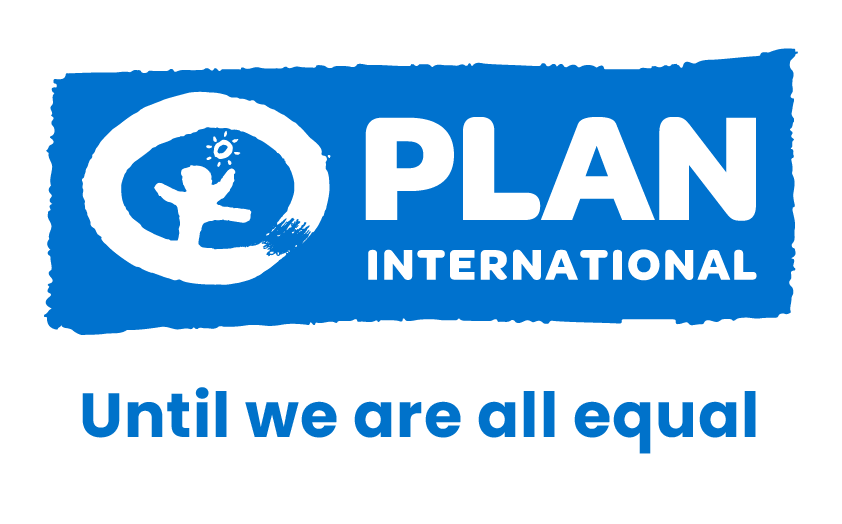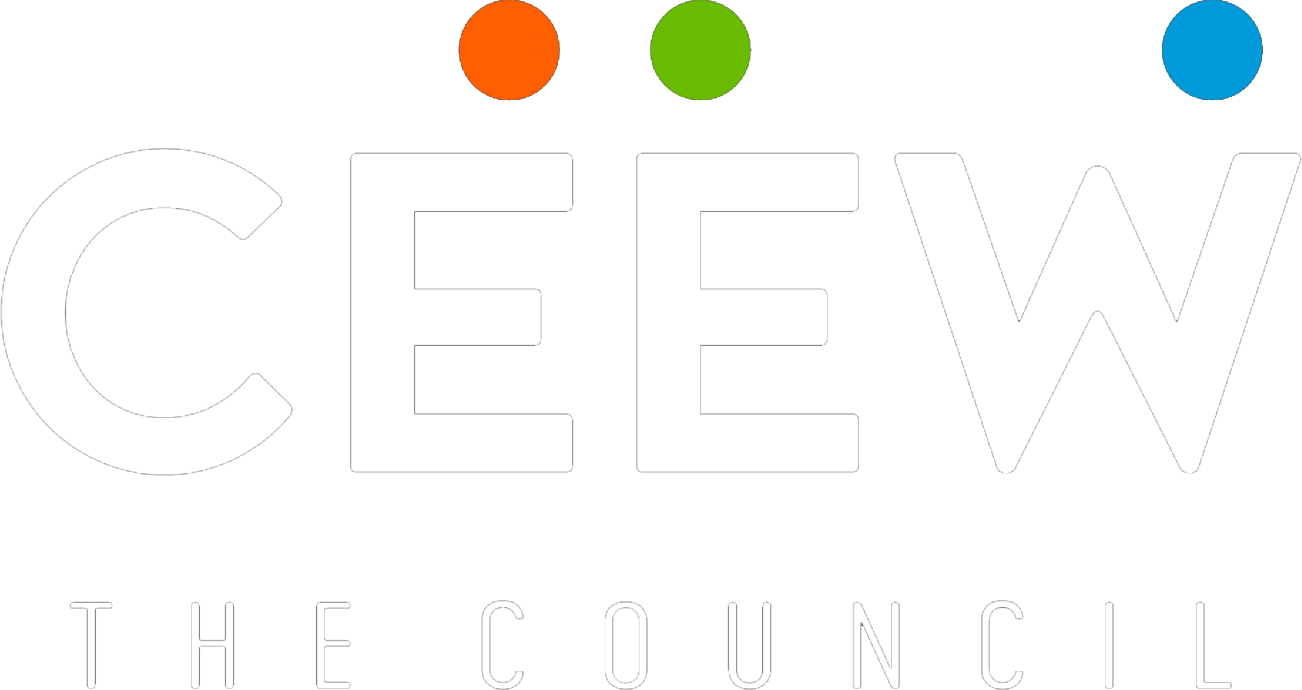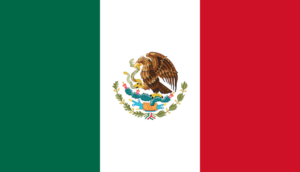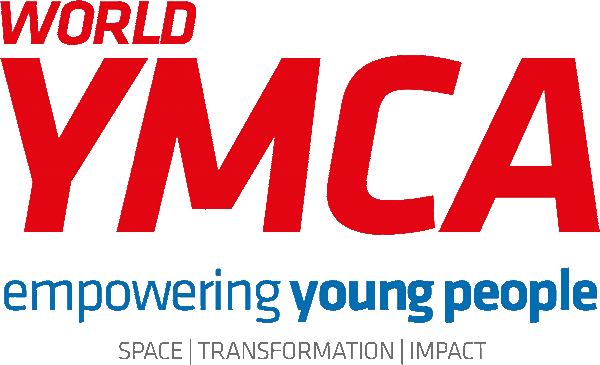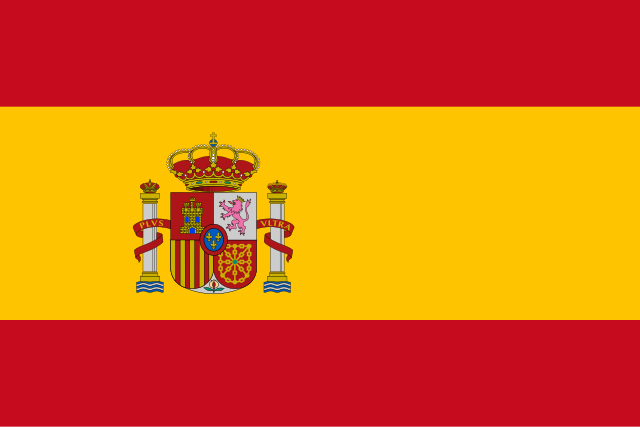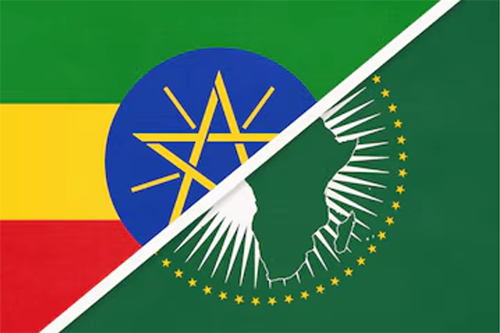National Town Halls
Local conversations shaping global solutions
In a rapidly changing world, creating spaces for diverse generations to engage on pressing national issues has never been more essential. The National Town Halls initiative exists to foster intergenerational platforms where young people, UN leaders, policymakers, and national experts come together to explore the future of their countries through various traditions and practices of long term thinking and foresight.
Through these structured dialogues, we aim to ensure that every voice is heard, from the seasoned wisdom of national experts to the fresh perspectives of young leaders. This initiative recognizes that lasting change requires input from all generations, combining unique experiences and insights to drive collective solutions that respond to today’s complex challenges.
What We Do
National Town Halls are more than conversations; they are catalytic gatherings designed to shape policy and action.
These intergenerational forums bring together young people, policymakers, UN leaders, and national experts to discuss and envision the future.
Each town hall addresses key issues linked to the Sustainable Development Goals (SDGs) and the future beyond 2030, aiming to produce ideas and strategies that are both actionable and aligned with national aspirations.
Here’s what we achieve through these gatherings:
Action-Oriented Dialogue
Each town hall focuses on concrete steps that can be taken today to shape a sustainable future. These dialogues aren’t just theoretical – they generate actionable ideas and strategies to tackle critical issues such as climate action, social justice, and economic resilience.
UN and National Collaboration
By engaging UN leaders and leveraging the national reach of the Unlock the Future coalition, we facilitate a dialogue that integrates local insights with global frameworks. National Town Halls explore how countries can use international platforms like the UN to advocate for impactful change on issues that matter most to their citizens.
Empowering Young Leaders with Global Reach
Supported by extensive networks, each town hall mobilizes communities across continents. From Freetown to Melbourne, these events give young leaders a stage to address challenges and opportunities, raising local issues on a global scale and linking grassroots movements with international policy-making.
Influencing Funding with Evidence
At the heart of everything we do is the belief that knowledge is power. The Funders Collective invests in research and learning to keep our strategies sharp and effective. We gather insights through Polling & Public Opinion Research, making sure we’re in tune with the needs and priorities of young people. We also produce Learning Products that spread best practices and innovative ideas across the sector. We are curious and authentic in our approach, constantly seeking the latest research and fostering radical breakthroughs to ensure children and young people have the knowledge and tools they need to lead the way in solving global challenges.
Spotlight on Local Issues in a Global Context
Every town hall tailors its discussion to the unique priorities of the country, such as food security, intergenerational justice, and peacebuilding. For example, young leaders in Brazil at the young people 20 Summit brought pressing issues like climate action to the forefront of the G20, while Sierra Leone’s town hall focused on peacebuilding and civic engagement, aligning local dialogues with international goals.
Background Materials
Vision 2100
This guidebook equips you to organize, facilitate, and elevate Intergenerational Town Halls in your country.
A Shared Vision for 2100
Insights from intergenerational Town Halls Across the Globe in 2024.
Young Countries and Future Generations
Brief to understand how young countries can shape the future.
Our Future India Youth Consultations
The Next Generation India Fellows are traveling across India to listen, learn, and build a bold vision for India in 2047.
National Conversations
Findings from a series of National Conversations held in 2021 as part of the Our Common Agenda initiative.
Why It Matters
National Town Halls are essential for fostering inclusive governance. By prioritizing intergenerational dialogue, they create spaces where diverse perspectives can influence policy decisions and spark actionable solutions. This approach goes beyond idea-sharing; it builds lasting partnerships between young leaders and experienced policymakers.
Through direct engagement with UN leaders and national experts, participants gain insights that bridge global ideals with local realities, equipping them with the knowledge and tools needed to advocate for meaningful change. This intergenerational collaboration amplifies the effectiveness of these dialogues, blending the ambition of young people with the wisdom of experience to create a well-rounded response to both national and global challenges.
Intergenerational Dialogue
By including voices from all age groups, especially young leaders, the initiative ensures that national policies reflect the aspirations of every generation, fostering a governance model that’s both equitable and sustainable.
Strengthening Trust
These town halls strengthen connections within communities by bringing people together to discuss shared goals and challenges. This unity promotes stronger civic engagement and prepares communities for collaborative action.
Bridging Local and Global Perspectives
National Town Halls connect grassroots issues with international frameworks, promoting a governance approach that’s both locally informed and globally aware. This alignment enhances the relevance and impact of policy decisions at all levels.
Tangible Impact on Policy
Studies indicate that countries which prioritize intergenerational dialogue in governance see higher levels of social cohesion and policy effectiveness. By incorporating young voices in decision-making, these town halls help shape policies that are responsive to both immediate needs and long-term visions.
Our Impact
Global Reach Across 60 Town Halls
Our town halls have brought meaningful dialogue to 21 countries, connecting local communities with global frameworks and shaping policies that reflect the diverse needs of each region.
Influencing Key International Agendas
Through these discussions, youth-driven perspectives have been incorporated into major international dialogues, contributing to agenda-setting for pivotal events such as the Summit of the Future.
Building Momentum Towards Sustainable Goals
By linking town halls with the SDGs and the Pact for the Future, we’re building a pathway for sustainable, long-term impact that will carry these dialogues forward, all the way to the final SDG Summit in 2027.
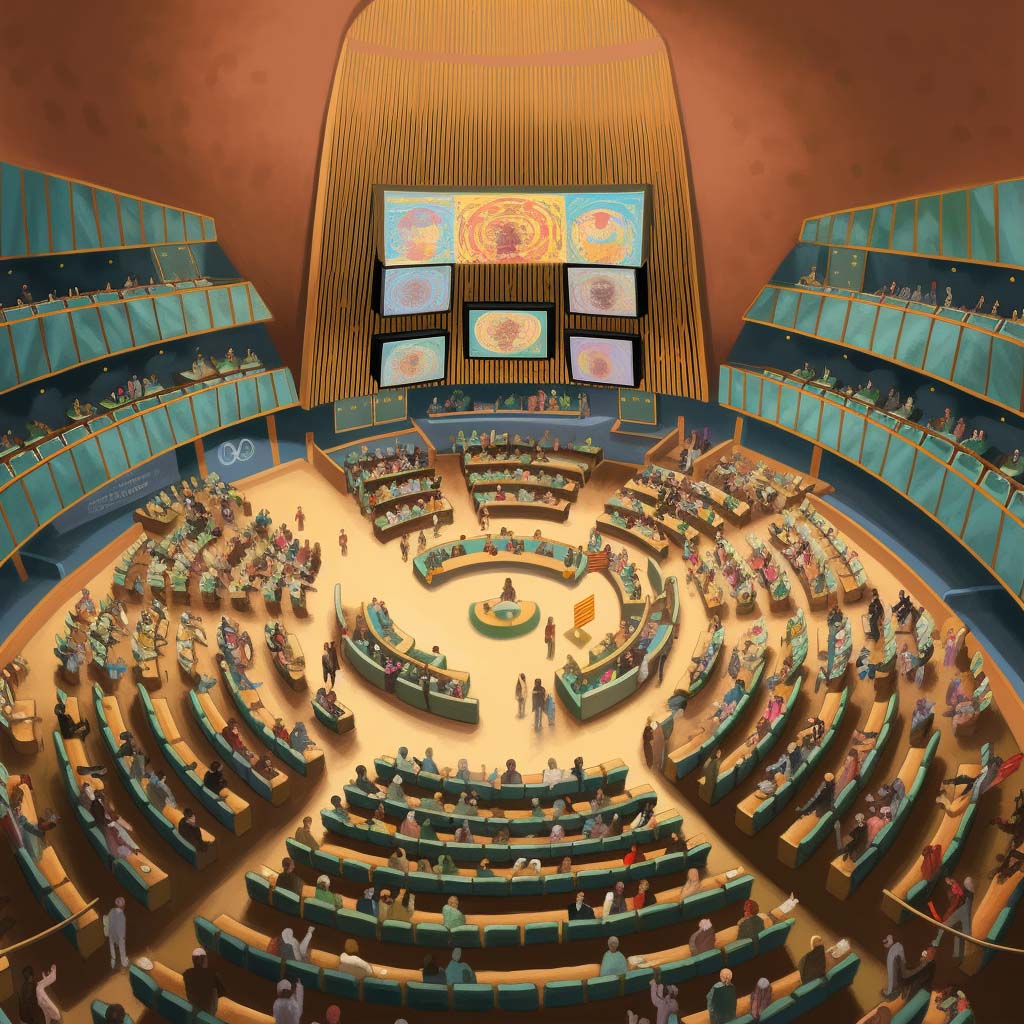
How to Engage
Whether you’re a young advocate, community leader, policymaker, or passionate citizen, you can participate in shaping the conversations that matter most:
Join a Town Hall: Attend an upcoming dialogue to share your voice.
Host a Dialogue: Organize a Town Hall in your own community.
Stay Informed: Subscribe for updates on upcoming Town Halls, outcomes, and opportunities to participate in global conversations.
Together, we ensure global solutions reflect local realities – building a future shaped by all generations.
2024 Intergenerational Town Halls

Vanuatu
TBC





